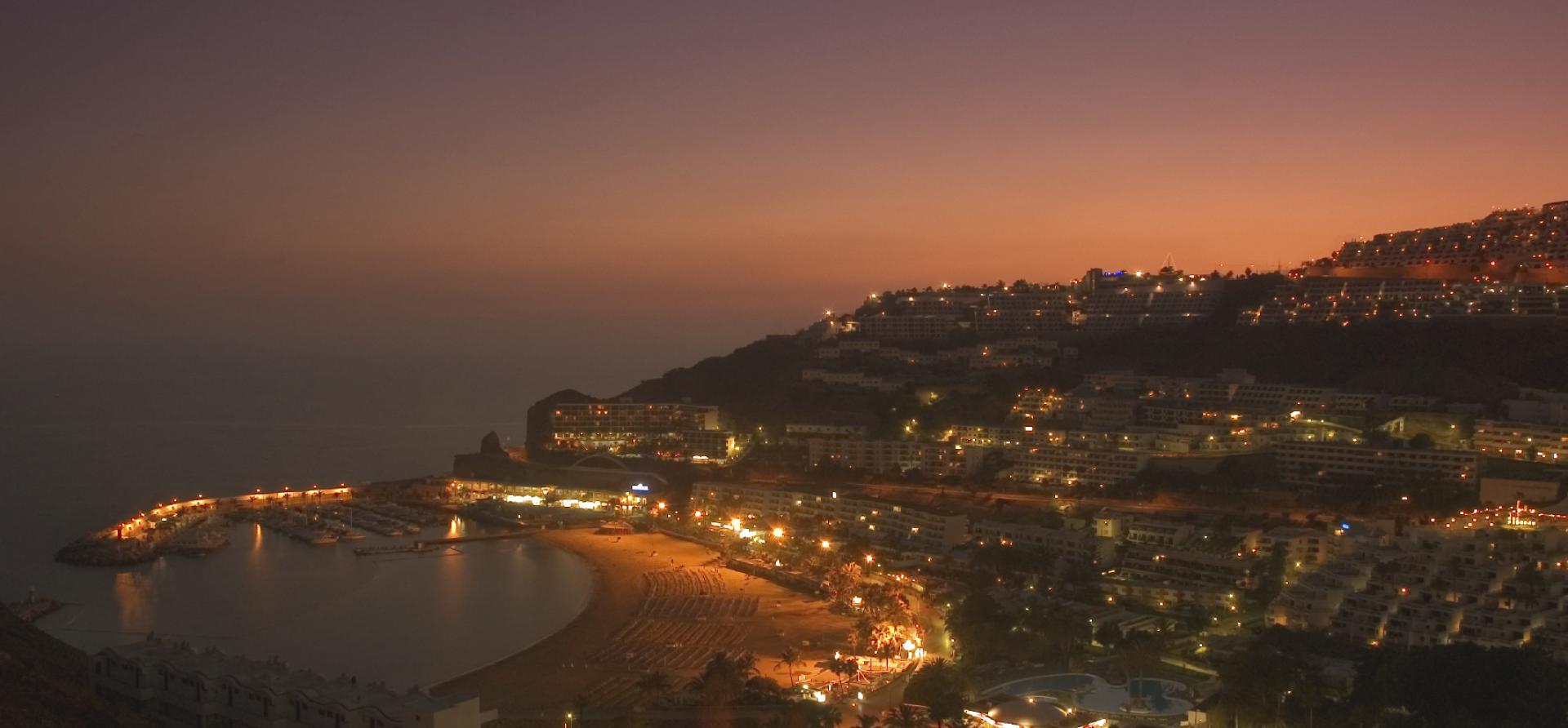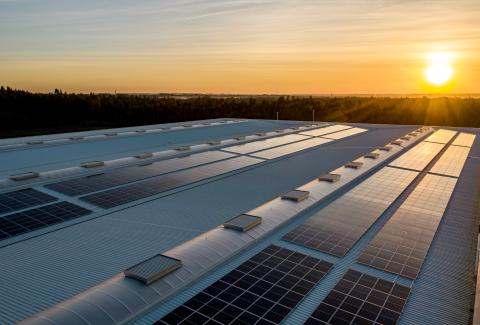Misguided Plan to Rebuild Puerto Rico’s Electric System Is Fraught With Risk and Cost

 Puerto Rico’s sole electricity utility is proposing a plan to rebuild the island’s electricity system in a way that would continue its dependence on imported fossil fuels and require its customers to pay for over $1 billion worth of potentially unnecessary infrastructure.
Puerto Rico’s sole electricity utility is proposing a plan to rebuild the island’s electricity system in a way that would continue its dependence on imported fossil fuels and require its customers to pay for over $1 billion worth of potentially unnecessary infrastructure.
That’s the gist of comments we’ve filed with the Puerto Rico Electric Commission on the Puerto Rico Electric Power Authority’s deeply unimaginative “integrated resource plan,” or IRP, a document PREPA has put forth as its long-term strategy for electricity generation in the U.S. commonwealth. (comentarios en español)
Puerto Rico today depends mostly on imported oil for electricity generation, an arrangement that is economically and environmentally unsustainable. Yet under its current “preferred scenario,” PREPA would have Puerto Rico do little more than shift its addiction—from oil to natural gas.
In a report published last fall, “Opportunity for a New Direction for Puerto Rico’s Electric System,” IEEFA detailed how PREPA in its long-term planning was not doing right by the people of Puerto Rico, who are suffering already from the damaging effects of an aging, inefficient and dirty electricity-generation system.
That report, which noted that PREPA is hobbled by more than $8 billion in debt and is struggling to pay its creditors, showed how PREPA in its latest long-term strategy was perpetuating an outdated model of energy policy and how it could gain stronger financial and economic footing by modernizing that strategy.
IEEFA’s September 2015 report included three broad recommendations:
- Pursuing a clean-energy transformation away from its current over-reliance on expensive and outdated oil-fired power plants.
- Avoiding locking into a long-term strategy that would make Puerto Rico overly reliant on natural gas.
- Implementing an IRP that allows for prioritizing investment in wind, solar, and energy efficiency.
We’ve built on those recommendations in our current comments, which we’ve prepared on behalf of El Puente’s Latino Climate Action Network (Enlace Latino de Acción Climática), and in which we note the following:
- PREPA’s treatment of renewables as an afterthought—especially solar energy, which is abundant in Puerto Rico.
- The risk PREPA is creating to ratepayers of having to pay for underutilized generation capacity from an overbuilt system.
- The likelihood that the proposed Aguirre Offshore Gas Port—a key component of PREPA’s IRP—will take longer to build than anticipated and, if built, will come in significantly over budget.
We see other serious technical shortcomings in PREPA’s IRP: a lack of adequate modeling around integrated supply and demand-side resources; failure to consider the possibility that declining population on the island will result in electricity demand substantially lower than PREPA forecasts; and capital cost assumptions that favor thermal generation.
All in all, our view is that PREPA can and should do better and that the agency should be promoting energy independence and affordability by aggressively pursuing energy-efficiency improvements and renewable-energy investments.
We recommend that the commission reject PREPA’s IRP and instead initiate an inclusive public process toward developing an electricity system that is more robust, flexible, and ratepayer friendly than what PREPA is offering.
Anna Sommer is president of Sommer Energy. Cathy Kunkel is an energy analyst at IEEFA.
Related posts:
IEEFA comments on the Puerto Rico Electric Power Authority’s Integrated Resource Plan (en español)
A U.S. Commonwealth Shortchanged in Its Utility Company’s Debt-Restructuring Deal
How Puerto Rico’s Electric Company Can Seize the Day















